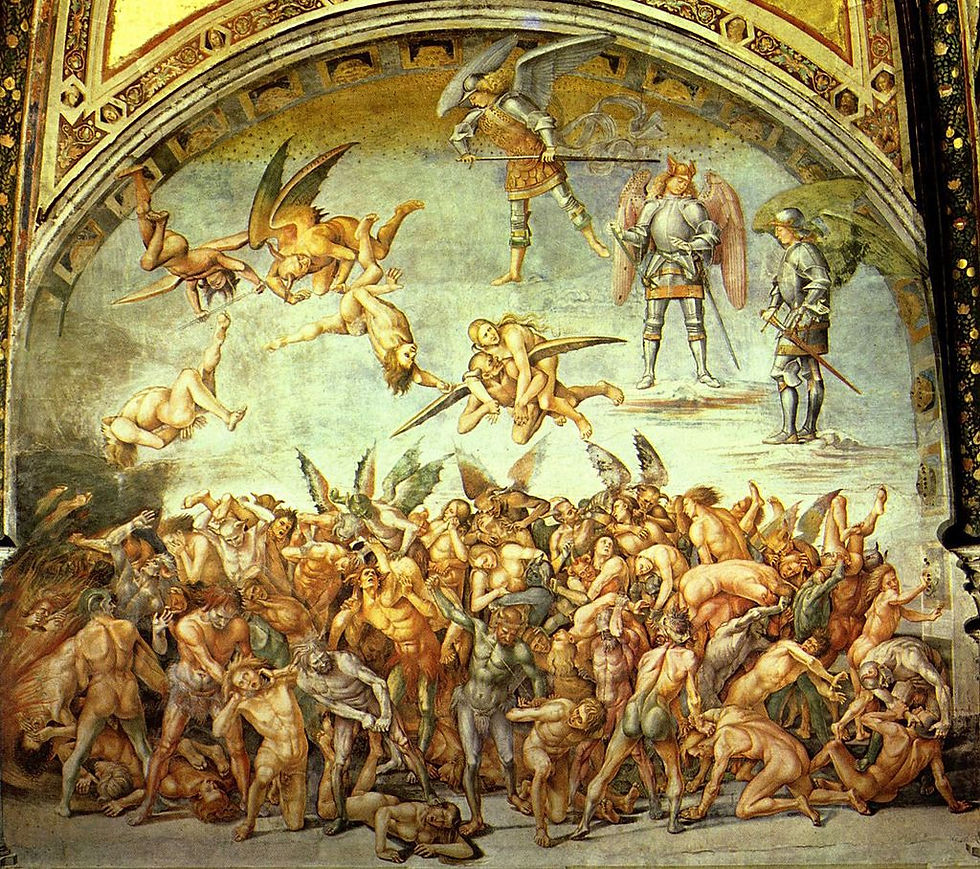
It has its moments, but overall I wouldn't say it's one of Lewis' better works. The story as fiction is interesting but not captivating. As theology it's hands-down the loosest of Lewis' works that I have read. Normally I find that although Lewis tackles many and varied issues within Christianity to some depth, it's hard for Christians to disagree with much of what he says, regardless of which denomination they follow. Given the many denominations and the even many more differences between (and among!) them, this is high praise for Lewis. However, in this work, he seems to imply that the choice of salvation/damnation is not made solely in one's mortal life through one's actions but this choice carries on well into the afterlife, which is at a decided variance with most mainstream Christian teaching. He then seeks to muddy this proposition at the very end with a metaphor about a chess board and pieces implying that these seeming actions and choices were already determined by one's life (but hedges and leaves this vague and confusing). He also regards Purgatory and Hell as the same and people coexisting in this one place, although some later make it out to Heaven, only to have most of those return to Hell permanently. In terms of both literature and theology, this work is far inferior to The Screwtape Letters.
The most useful part of the book is the idea that a person is already living in Heaven or Hell while still alive on Earth depending on how that person is living. As Lewis lays out in the prologue: "earth, if chosen instead of Heaven, will turn out to have been, all along, only a region in Hell: and earth, if put second to Heaven, to have been from the beginning a part of Heaven itself." (p 1) Or from later in the work itself:
If they leave that grey town behind it will not have been Hell. To any that leaves it, it is Purgatory. And perhaps ye had better not call this country Heaven...And yet to those who stay here it will have been Heaven from the first. And ye can call those sad streets in the town yonder the Valley of the Shadow of Death: but to those who remain there they will have been Hell even from the beginning...both good and evil, when they are full grown, become retrospective. (p 65)
The above echoes what Jesus said in Luke's gospel, "For behold, the kingdom of God is among you." (Luke 17:21)
The portraits of the various characters that Lewis paints are probably the highlight of the work as literature. If a reader doesn't see herself or people she knows in the types that Lewis spins past in the carousel of characters, I would be astonished. Lewis conjures people out of one's own life and animates them in his story to show the many ways people can put themselves before God and choose damnation with the best of all (nominal) intentions to the contrary .
If you are new to Lewis's works, I would highly recommend starting somewhere else. Screwtape Letters and Mere Christianity are probably both much better in many ways. If you are a Lewis fan like me and want to read more of his works, then you should probably get around to this one, but it doesn't belong on the top of your list. An interesting and good read, if not a great one.
